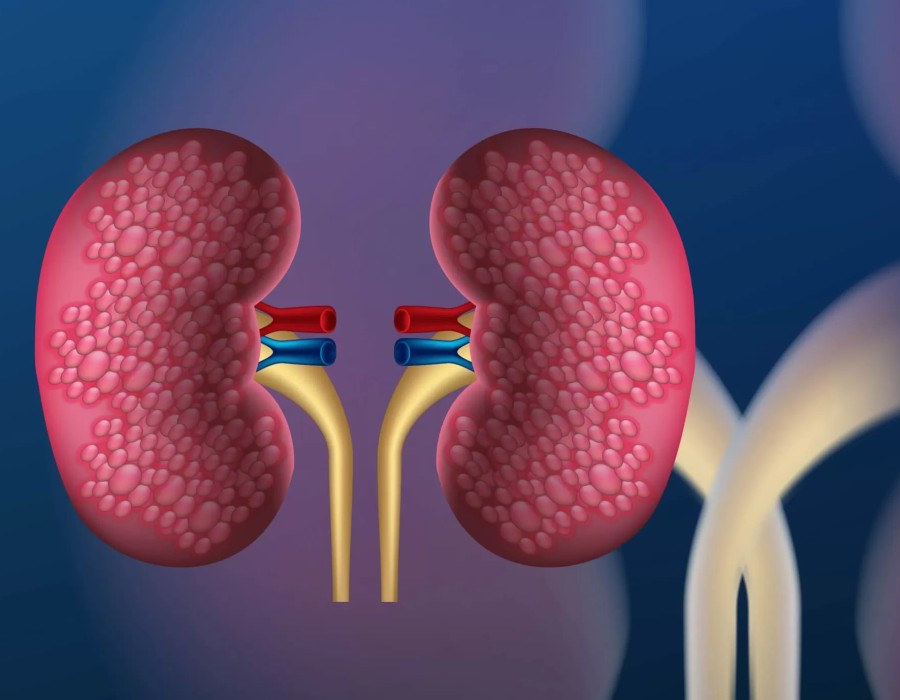Hydration is a crucial factor in the prevention of kidney stones, a painful condition caused by the accumulation of minerals in the kidneys. Kidney stones can vary in size and composition, but their formation often stems from concentrated urine that allows minerals like calcium, oxalate, and uric acid to crystallize and solidify.
Here’s how proper hydration plays a pivotal role in averting this condition:
- Dilution of Minerals: Adequate hydration ensures that urine remains dilute. When you drink enough water, urine production increases, and minerals get diluted, reducing their concentration in the kidneys. This makes it less likely for crystals to form and develop into stones.
- Flushes Out Substances: Water acts as a natural cleanser for the urinary tract. It helps flush out substances that could potentially form into kidney stones before they have a chance to crystallize. Without sufficient hydration, these substances can linger and aggregate.
- Prevents Crystal Formation: Dehydration increases the concentration of minerals in urine, leading to the formation of crystals. Over time, these crystals can grow into larger stones. By staying well-hydrated, you minimize the risk of crystal formation and subsequent stone development.
- Maintains Kidney Function: The kidneys rely on adequate water intake to function optimally. When dehydrated, the kidneys may not work as efficiently in filtering waste products and maintaining electrolyte balance, which can contribute to stone formation.
- Reduces Recurrence Risk: For individuals who have previously experienced kidney stones, staying hydrated is particularly important. It lowers the chances of recurrent stone formation by continuously flushing out minerals and preventing them from aggregating into stones.
How Much Water is Enough?
The ideal amount of water intake varies from person to person based on factors like age, activity level, and climate. As a general guideline, aiming for around 8 glasses (64 ounces) of water per day is often recommended. However, individual needs may differ, and certain medical conditions may require adjustments in fluid intake.
Other Hydration Sources
While water is the primary source of hydration, fluids from other sources such as herbal teas and fruits also contribute to overall hydration levels. However, beverages high in sugar or caffeine may not be as effective in preventing kidney stones due to their potential diuretic effects.
Conclusion
In conclusion, adequate hydration is fundamental in the prevention of kidney stones. By maintaining a consistently high intake of water, you dilute urine, prevent crystal formation, and support optimal kidney function. This simple yet powerful preventive measure can significantly reduce the risk of developing kidney stones and promote overall urinary tract health.





Comments